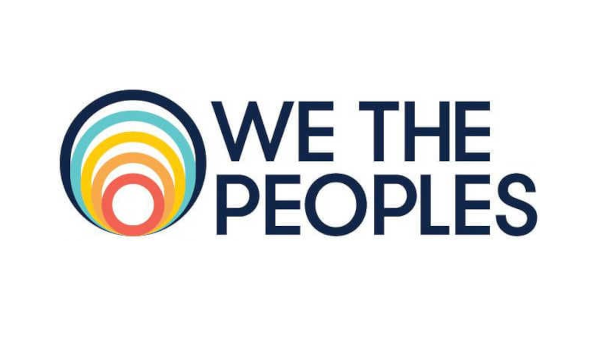
For a say at UN
More than 200 civil society groups from over fifty countries, among them sixty that operate internationally, call on the United Nations and its member governments to establish the instrument of a World Citizens‘ Initiative that would allow citizens to put items on the UN’s agenda. Support of this proposal has thus doubled since an international campaign was launched seven months ago.
The campaign going under the slogan of “We the Peoples” was jointly initiated by Democracy Without Borders, Democracy International and CIVICUS: World Alliance for Citizen Participation. “The coronavirus pandemic, climate change and many other challenges underline the fact that all people on this planet are connected to each other but they have no say at the United Nations”, said Caroline Vernaillen, Program Manager at Democracy International.
In the joint statement, the campaign’s supporters underline that collective responses of the international community are needed. “This year the UN celebrates its 75th anniversary. It’s time to give people a direct voice in the UN’s affairs”, said Andreas Bummel, Executive Director of Democracy Without Borders.
“A global governance system that is directly accountable to the lived experiences of citizens and communities is an idea whose time has come. The UN World Citizens’ Initiative helps us connect and upscale the efforts we need to achieve this outcome,” said Lysa John, Secretary-General of CIVICUS.
The list of supportive organizations includes Asia Democracy Network, Asia Development Alliance, Avaaz, Global Justice Now, Greenpeace, NGO Federation of Nepal, Nigerian Network of NGOs, Soroptimist International, Transnational Institute, Women Coalition for Agenda 2030, Women’s March Global, World Academy of Art and Science, and the World Roma Federation.
The UN’s Independent Expert on the Promotion of an Equitable and Democratic International Order, Livingstone Sewanyana, stated that a UN World Citizens’ Initiative represents “an innovative mechanism for citizen involvement in global affairs” which he “proudly associates with.”
According to Edward Mortimer, former Director of Communications at the UN, “the current pandemic cries out for a global response” not only to address public health issues but also to tackle other threats that are interconnected such as climate change, violent conflict and inequality. “It is vital that ordinary people from all continents mobilise to insist on such a response; and the World Citizens’ Initiative seems the perfect way to do it,” he said.
Patricia Lerner, a Senior Advisor at Greenpeace International, pointed out that “Greenpeace believes the public interest must be ensured by making sure the people are heard, not special interests. A World Citizens’ Initiative is an important mechanism to make ‘We the Peoples of the United Nations’ possible.”
The proposal is highlighted in CIVICUS’ new State of Civil Society Report 2020. According to the report, “if implemented, the UN World Citizens’ Initiative could provide a powerful focus for civil society engagement, enabling civil society organizations with strong country presences but limited international-level representation to become involved in international advocacy, by playing to their domestic strengths and mobilising their constituencies to demand global-level change.”
The idea of a UN World Citizens’ Initiative is that if a certain number of global citizens from across the world’s regions endorses a citizen-launched proposal, either the UN General Assembly or the UN Security Council have to put the item on their agenda and need to adopt resolutions as a response.